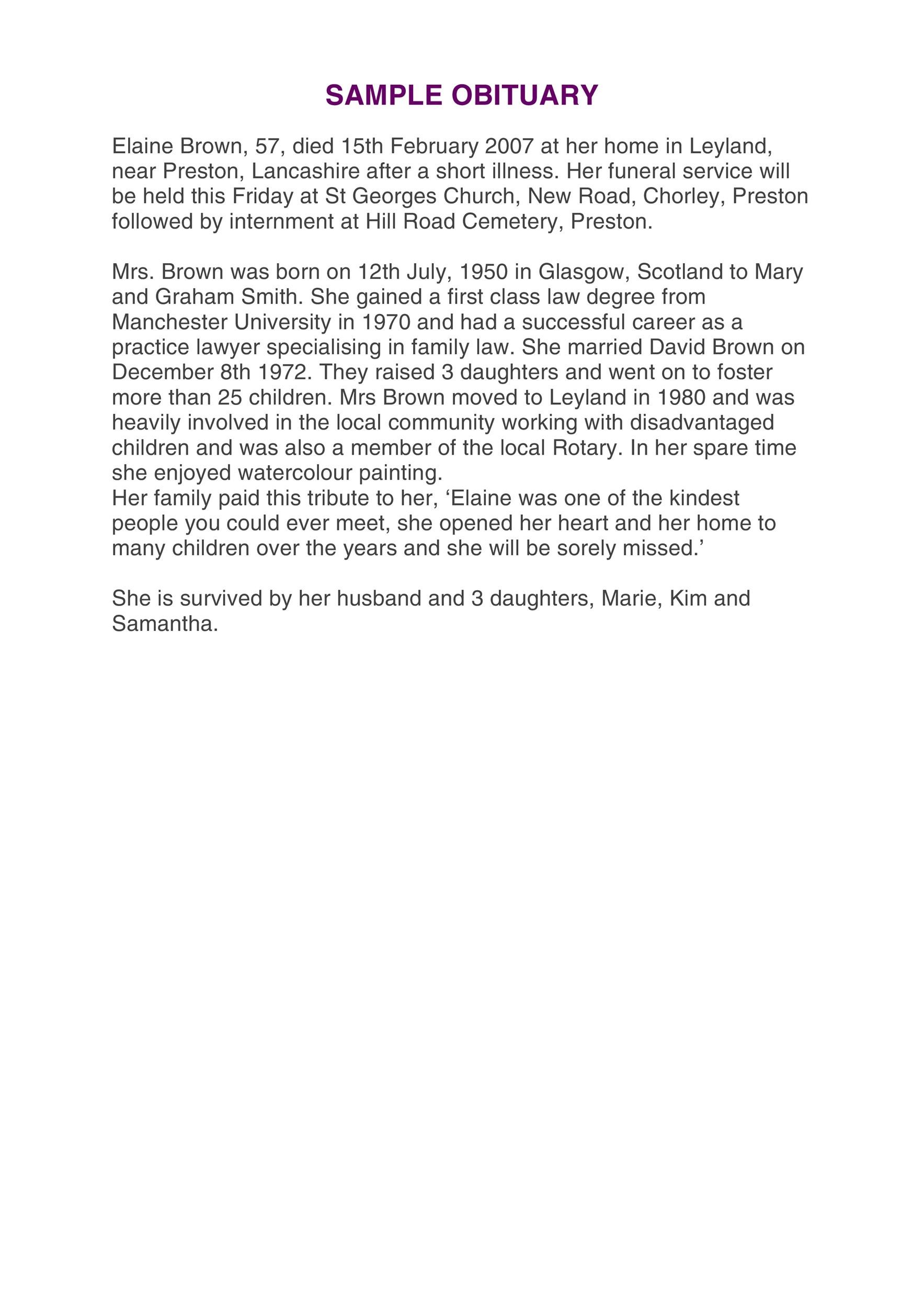Language Disorders in Adults: Symptoms and Treatment.
Signs of a speech disorder include: Trouble with p, b, m, h, and w sounds at 1 to 2 years of age Problems with k, g, f, t, d, and n sounds between the ages of 2 and 3.Adults with language disorders — either developmental or the result of a brain injury — can benefit from speech therapy. Studies show that, while adult speech therapy is not always as successful as pediatric therapy, skilled therapists often make great strides or provide alternative options for overcoming language deficiencies. If cost is.With dysarthria, the person has problems expressing certain sounds or words. They have poorly pronounced speech (such as slurring) and the rhythm or speed of speech is changed. Usually, a nerve or brain disorder has made it difficult to control the tongue, lips, larynx, or vocal cords, which make speech. Dysarthria, which is difficulty.
We treat a range of adult speech disorders, including: Lisp; Stammer; Stutter; Voice problems; What are speech disorders? Speech disorders are a group of disorders which result in difficulties producing speech sounds correctly. There are several types of speech disorder which can be caused by different conditions or disorders. A speech disorder causes an individual to have difficulties in.The Adult Speech and Language Therapy (SLT) service is provided in east and north Hertfordshire. For residents in west Hertfordshire, a service is provided by Central London Community Healthcare NHS Trust. All the speech and language therapists are registered with the national regulatory body, the Health and Care Professions Council, which maintains an online register of Speech and Language.

It approximately affects 1% of the adult population. For severe stuttering, long-term therapy and hard work are required to decrease the occurrence of disfluency. 5. Voice disorders. Voice disorder is an impairment that involves abnormal pitch, loudness, and quality of sound produced by larynx which affects the speech production. 6. Cluttering. Cluttering is the speech and communication.












